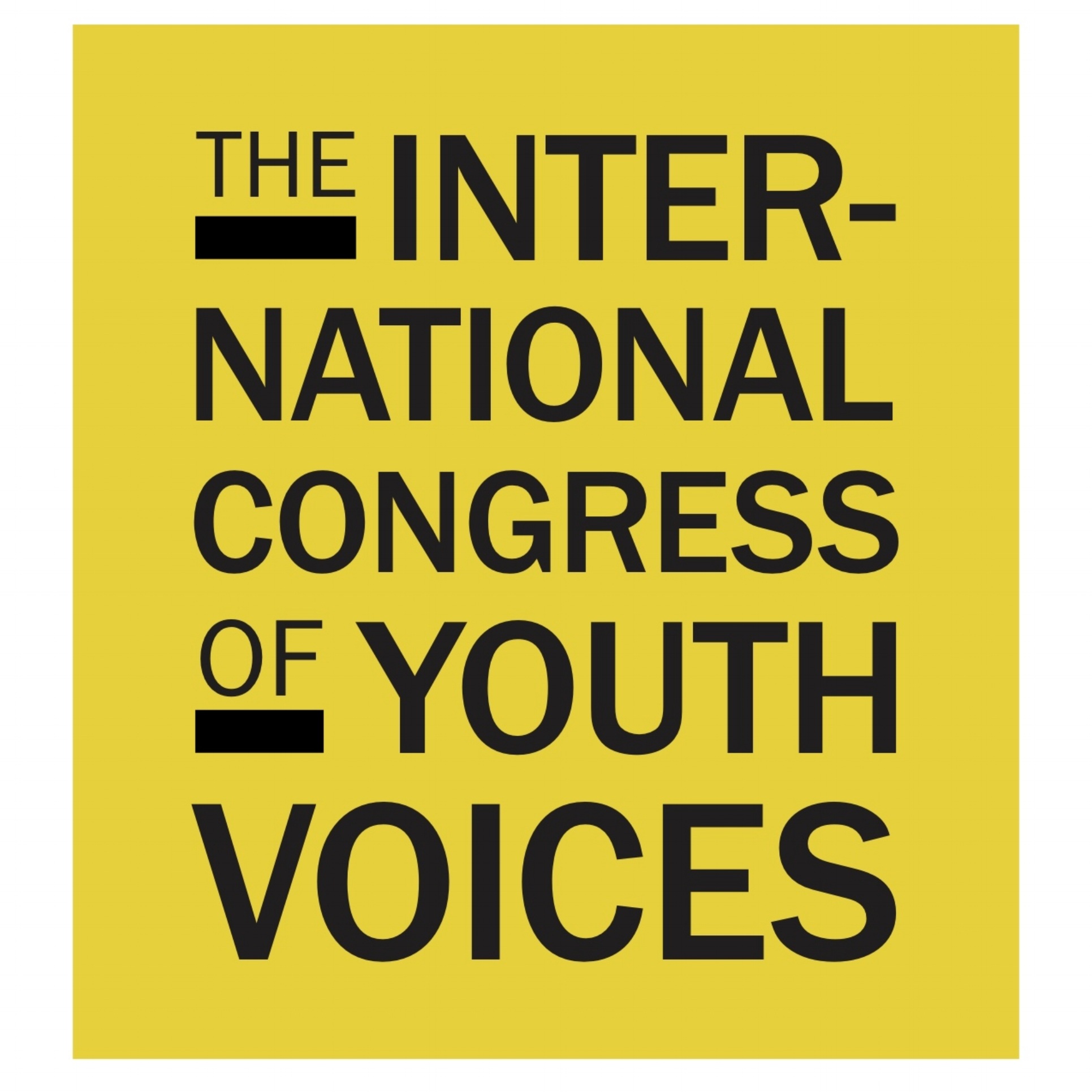JASMIN LORAINE BENAS, 16
A local youth activist in Raleigh, North Carolina, Jasmin Loraine Benas has been a pillar for promoting social change in her community. She works for a nonprofit called Youth Empowered Solutions, better known as YES!. The organization advocates for a wide array of initiatives, such as tobacco prevention, access to healthcare, access to healthy foods and environmental justice, through a racial equity lens. At YES!, Benas has had the opportunity to work closely with her state's attorney general, Josh Stein, leading an investigation on the e-cigarette company Juul. Benas attributes the cultivation of her skills in crafting well-articulated arguments to her participation in congressional debate.
Outside of advocating to her legislatures, Benas has helped other organizations shift from service-learning to advocacy based work. She believes that equipping more people and organizations with the tools needed to advocate makes social change more attainable. Benas feels that one cannot advocate for social justice issues without acknowledging systemic oppression that is ingrained in the United States. Within her school, Benas is involved in Food Ark, a youth led nonprofit that works to combat food insecurity within her community through creating community gardens and educating their school. Benas oversees a new Food Ark chapter at a local middle school that her school helped set up.
Benas’s biggest inspiration throughout all of this is her mother. As a single mother and an immigrant, Benas’s experience in the circumstances and struggles that her mom faced motivated her to work harder and strive for an equitable society.
Food Insecurity and Climate Change Speech
by Jasmin Loraine Benas
Like any other high schooler, my favorite time of day is when I finally get to go home. I live in the more rural and scenic part of Knightdale, and when it’s warm out it’s one of my favorite places to drive through, seeing green fields and trees and listening to my favorite music. One day on my way home I drove in silence and I noticed something. About once a week, I see a mother and a young daughter walking home with a couple of grocery bags. This sight may seem ordinary, but the nearest grocery store with fresh produce and healthy food is a almost a two-hour walk from my house. On the street outside my neighborhood there are two gas stations less than a mile from each other. If I drive five minutes to southeast Raleigh, I'll find the same thing: a single gas station supplying an entire community with unhealthy foods. But if I drive five minutes to Cameron Village, I can easily find a grocery store with an array of whole-grain, gluten free, organic produce. It’s your yoga-mom heaven. Just within a ten minute drive between North and Southeast Raleigh there are two completely different worlds.
The historic oppression of our food system has been ingrained in this country and it’s one of our greatest failings. This country has consistently failed black and brown communities. The reality is your zip code, socioeconomic status, and race determine your access to healthy food, and that's not the way it should be. When you don’t eat, you can’t think, you can’t function and you can’t live.
Food insecurity and climate change are interlinked global challenges. Climate change is a hunger risk multiplier. With rising temperatures and heightened severe weather, our agriculture production decreases. The affluent will still have access to healthy foods, but the poor will continue to have to walk miles to get basic produce. This lack of long-term collective vision and leadership is inexcusable. It has global repercussions and it will be those least responsible for climate change—the poorest and most vulnerable—that will pay the highest price. But hope is not lost; the Green New Deal aims to “promote justice and equity by stopping current, preventing future, and repairing historic oppression frontline and vulnerable communities” by “building a more sustainable food system that ensures universal access to healthy food.” This plan for food and farming could solve an economic crisis facing family farmers, the diet-driven health crisis, and the climate crisis while also addressing the pollution and soil loss caused by industrial agriculture!
Never before in our history has been protecting our Earth, our home, our sanctuary been such a pressing issue. We cannot allow people to die because they are too poor to live. Feeding America is nurturing America.
There was one point in my life when my mom and I benefited off food stamps. While I was only a baby, I can’t help but look at that mother and daughter and see my own family. I’m now blessed to have a life where I am financially secure with access to food. But just because I’ve gotten to a point in my life where I am fine does not mean I can just easily shrug off the injustice I see. In fact, when we are in a place of privilege, it’s our responsibility as decent human beings to use that privilege. I have faith in our generation to fight against the problems adults are failing to fix.

